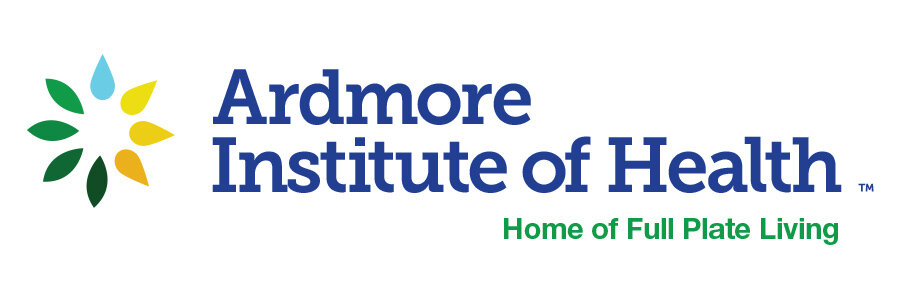Development of Culinary and Self-Care Programs in Diverse Settings: Theoretical Considerations and Available Evidence
Ardmore Institute of Health helped to fund the Emory Healthy Kitchen collaborative to promote learnings around teaching kitchens and lifestyle medicine. This article in Analytic Review provides a qualitative summary of the evidence-informed development of the project.
Abstract
Culinary-based self-care programs are innovative and increasingly utilized models for catalyzing behavior change and improving health and well-being. The content, duration, and delivery of existing programs vary considerably. Between January and August 2019, we developed a teaching kitchen and self-care curriculum, which was administered as part of a year-long worksite well-being program to employees at an academic healthcare system. The curriculum domains included culinary skills, nutrition, physical activity, yoga, stress management, mindful eating, and ethnobotany. An informal systematic literature search was performed to assemble and evaluate key principles and practices related to self-care domains, learning methodologies, and programmatic design considerations. Here, we provide a qualitative summary of the evidence-informed development of the curriculum intervention.
Related Grant: Emory Healthy Kitchen Collaborative Virtual Program

